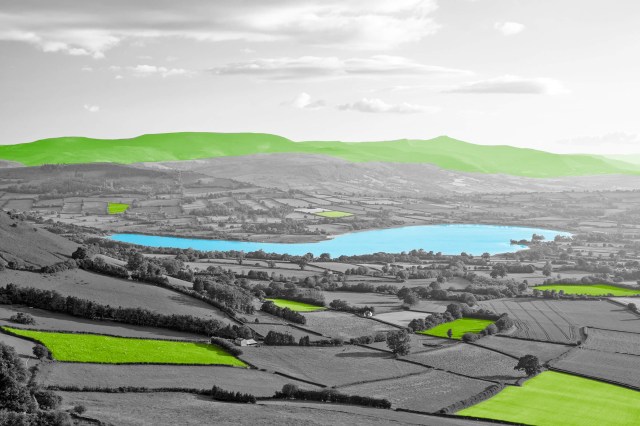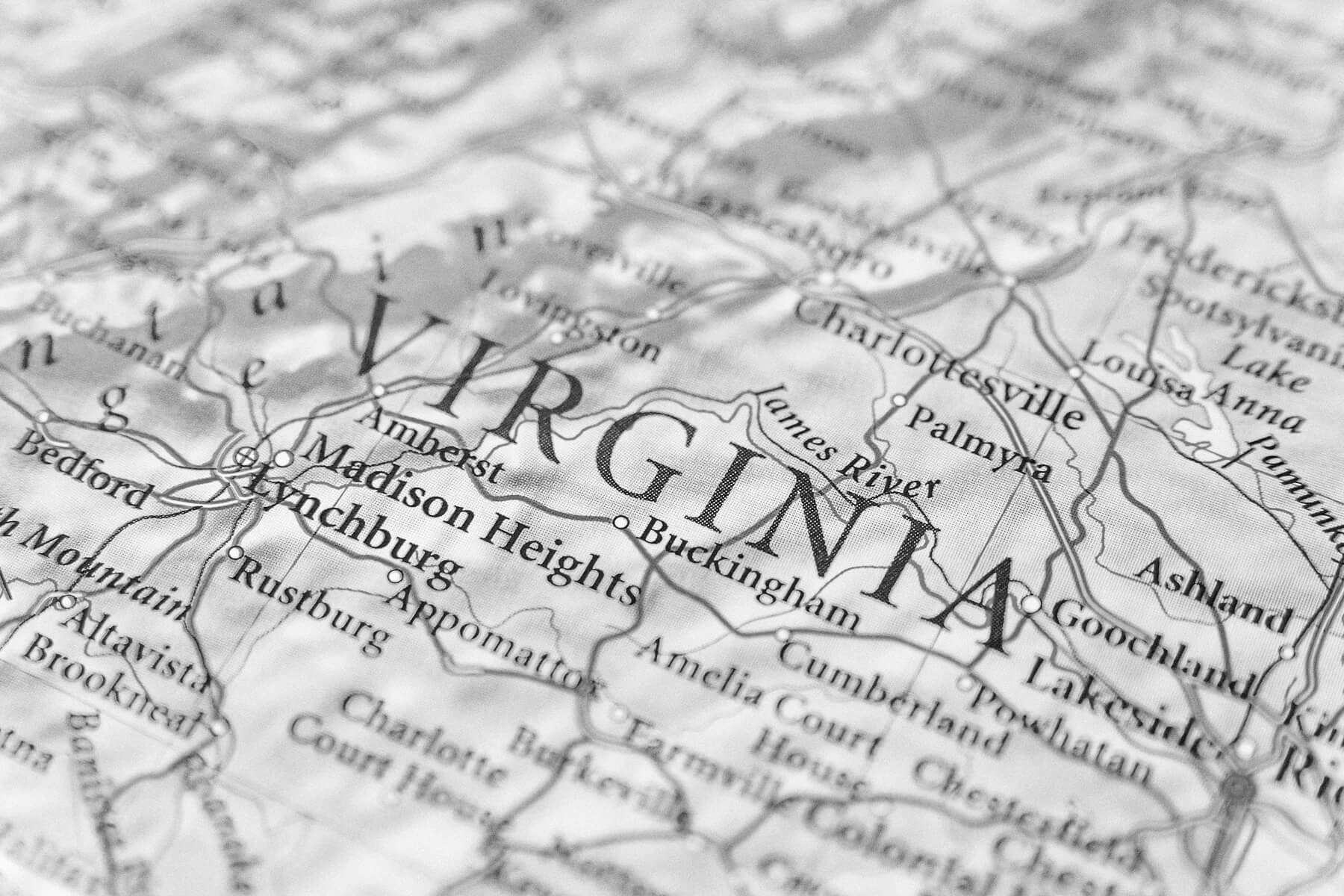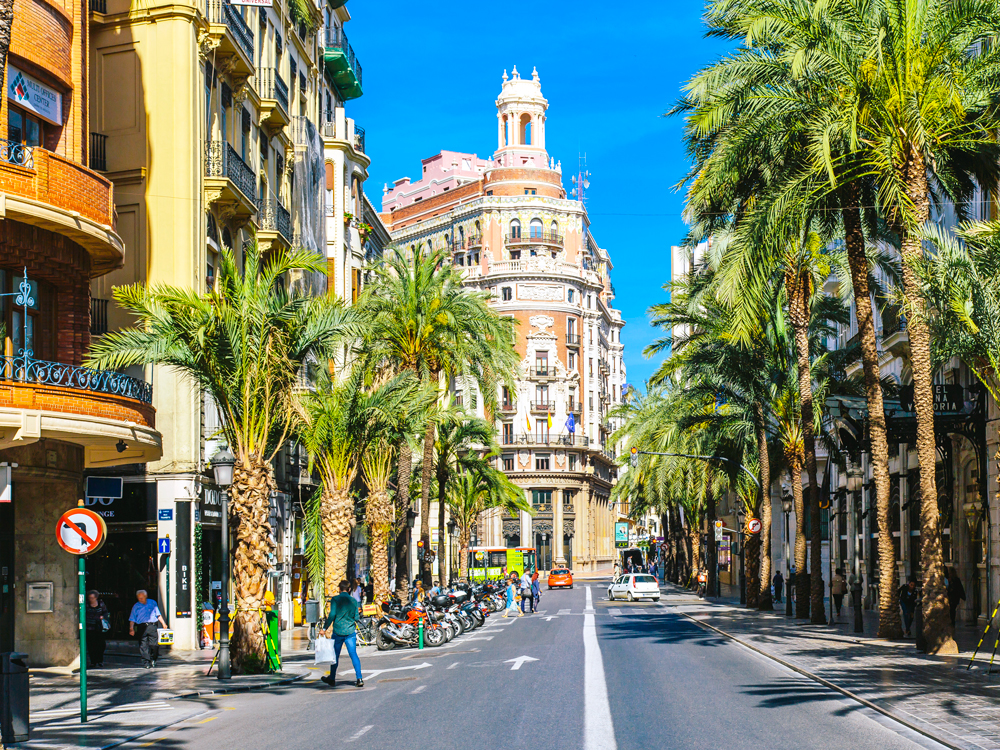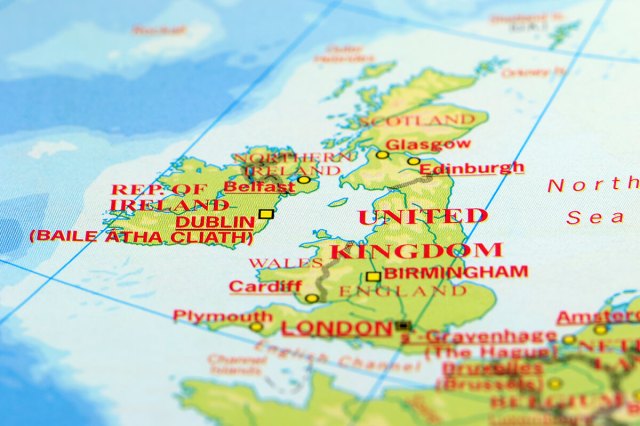
First, What Is the United Kingdom?
Delving into the sprawling geopolitical history of the United Kingdom isn’t for the faint of heart. It’s a complex, muddled, and endlessly colorful tale of kings and queens, unions and betrayals, and war and peace, that spans many centuries. Historians can even place the origins of the United Kingdom as far back as the Anglo-Saxon King Æthelstan, who in the 10th century secured the allegiance of neighboring Celtic kingdoms. These allegiances, however, didn’t last.
Until the early 17th century, England and Scotland were entirely independent kingdoms. The Principality of Wales, however, had been under the control of English monarchs ever since the 1284 implementation of the Statute of Rhuddlan, which legally assimilated Wales into the Kingdom of England. Then, in 1707, the English and Scottish Parliaments passed the Act of Union, leading to the creation of a united single kingdom to be called Great Britain.
After that came the Act of Union of 1801, which formally united Great Britain (which included England, with Wales still annexed to it, and Scotland) with Ireland under the name United Kingdom of Great Britain and Ireland. The partition of Ireland in 1921, which saw the Emerald Isle split into Northern and Southern Ireland, resulted in the formation of the current United Kingdom of Great Britain and Northern Ireland.
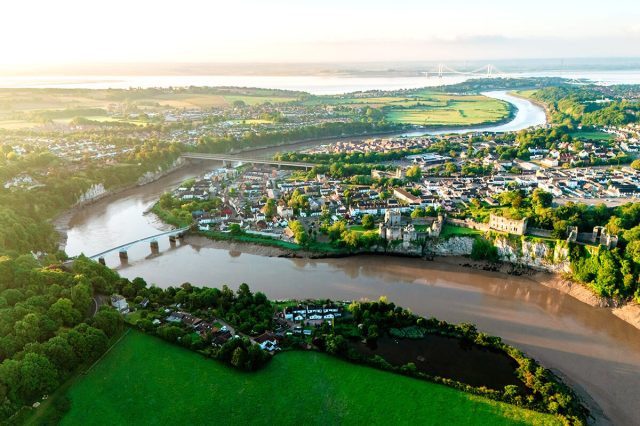
Is Wales a Principality?
So where does Wales stand in all this? If you walked the streets of an English city today and asked people what they would label Wales, there’s a strong possibility that at least one English person would call it a principality. This notion has historical context, as the English King Edward I conquered Northern Wales (though not the whole of Wales as we know it today) and made it a principality in 1284. The union between Wales and England lasted a long time, whereas Scotland, for example, was an independent kingdom through the Middle Ages. This partially explains why there’s more confusion surrounding the status of Wales as a country than there is with Scotland.
Then there’s the existence of the Prince of Wales — a title formerly held by King Charles III, the current monarch of the U.K., and now by his son, Prince William — which can lead people to believe Wales is a principality (a state ruled by a prince). The media, too, sometimes refers to Wales as such. But Wales as a whole is not, and has never been, a principality, at least as it’s defined territorially today; only North Wales was an actual principality of the English crown.

Wales Is a Country
Wales is, in fact, a country. To be more specific, it’s a country within a country. The United Kingdom of Great Britain and Ireland is a sovereign state, but the nations it’s made up of are also countries in their own right. It’s interesting to note, however, that only the United Kingdom (as a whole) is considered a member of the United Nations. You won’t find England, Wales, Scotland, or Northern Ireland listed as member states, as they’re considered part of the U.N. as constituent nations of the United Kingdom.
Today, Wales has its own government and legislature — the Welsh Parliament is called the Senedd Cymru — but Wales also falls under the purview of the government of the United Kingdom of Great Britain and Northern Ireland. Each governing body has power and responsibility over different aspects of the country. For example, Senedd Cymru is responsible for agricultural, economical, educational, and environmental matters, among other things, while the U.K. government deals primarily with defense, foreign affairs, immigration, and crime. Beyond the technicalities, Wales is also very much a country in terms of cultural identity, with its own language, national symbols, rich traditions, and more.

